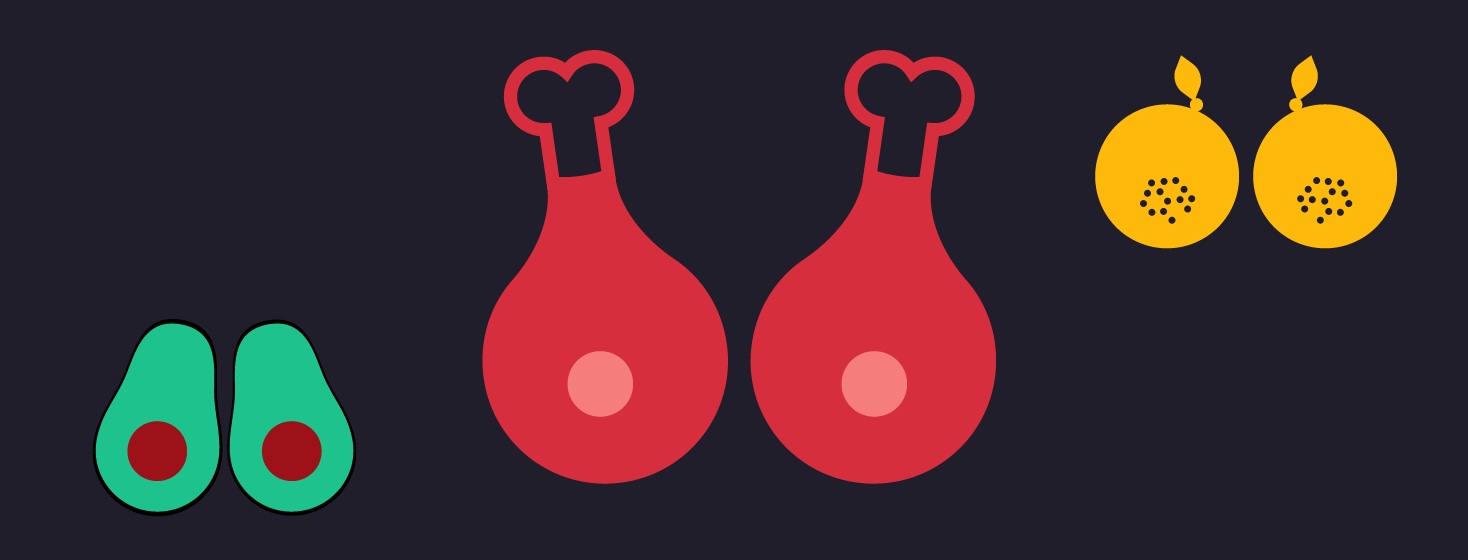Myths & Misconceptions: Diet, Nutrition & Advanced Breast Cancer
There are a lot of myths and misconceptions surrounding diet, nutrition, and breast cancer. Julie shares her thoughts on some of the most common ones.
Myth: Sugar feeds cancer.
Fact: All cells in the body require glucose for fuel, including cancer cells.
Use a common-sense approach. Healthy cells need energy, especially during treatment. Avoiding sugar completely will not help treatment, but it could leave your healthy cells low on energy. There is room for you to enjoy your favorite dessert from time to time. Find a balance. Sugar does not need to be an all-or-nothing thing. Healthy eating should promote overall well-being. Here is the link to a supplemental reference document on this topic.1
Myth: Breast cancer survivors can’t eat soy or should avoid soy.
Fact: Eating soy, in moderate amounts, does not increase the risk of recurrence or death. Human evidence has shown that soy is not harmful, and may benefit breast cancer patients. A common-sense approach to consuming soy as a breast cancer survivor is to eat the food versions of soy (edamame, tofu, soymilk, tempeh) and avoid the ultra-processed versions of soy (soy powders or supplements).
Myth: Eat organic foods, not conventionally grown food.
Fact: There is no data showing people eating only organic have better health outcomes. Organic farming still uses pesticides. It’s also important to know that pesticide residue on conventionally grown produce is extremely low and is tightly regulated by the EPA. The bottom line is people need to eat fruits and vegetables. This is where we see benefits.
Myth: Meat and dairy can cause cancer.
Fact: There is no evidence that vegetarian or vegan diets are more healthy or protective than plant-based diets that include small amounts of animal foods. A common-sense guideline on the ratio of plants to animal foods is 75 percent of your plate is covered in plants (fruits, vegetables, whole grains, beans) and 25 percent or less with animal foods (meat, cheese, yogurt, milk, eggs). It’s your choice as to whether you want to get your protein from plants only or to utilize animal sources of foods to meet protein needs. The bottom line is that people need to eat plenty of fruits and vegetables. Consuming plant proteins can help increase production intake.
Myth: Superfoods prevent cancer.
Fact: There is no such thing as a superfood. It’s a marketing tactic.
It is an oversimplification to say that one food could have that much impact on your overall well-being or chance of developing cancer. Your overall pattern of eating is more important than one single food that you do or do not eat. Rather than hyper-focusing on a list of individual foods, think about your overall diet in terms of food groups and plant sources of nutrients. If you’re eating mostly plants that aren’t ultra-processed, then you are likely getting a variety of nutrients that support your body.
What are some common things you have heard about diet and breast cancer? Share in the comments below!

Join the conversation